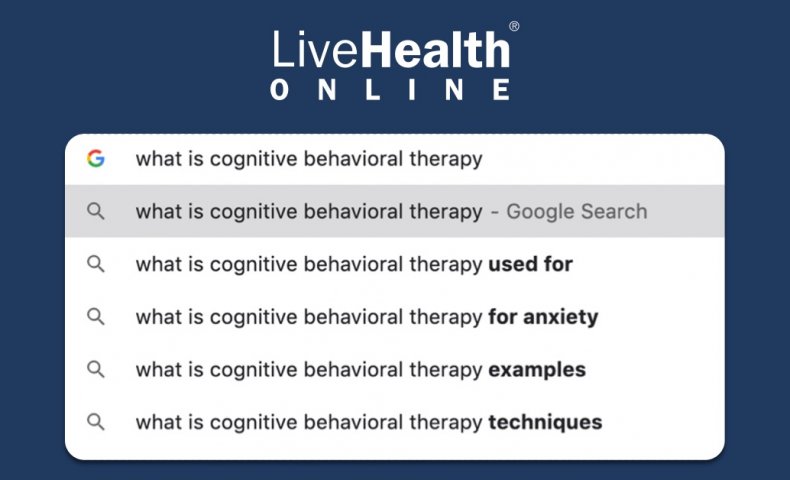
Cognitive Behavioral Therapy (CBT) was pioneered in the 1960s and has become an increasingly popular type of psychotherapy over time, but what does it really mean? CBT focuses on exploring the interactions among a person’s thoughts, feelings and behaviors. This kind of psychological treatment has been effective for a range of challenges including depression, anxiety, substance use, trauma, marital obstacles and more. While there are a number of principals behind CBT, the top three are:
- Psychological challenges are partially based on unhelpful ways of thinking.
- Psychological challenges are partially based on learned patterns of unhelpful behavior.
- Those experiencing psychological challenges can learn how to cope, which provides relief and allows them to be more effective in their lives.
During a typical CBT session, the therapist and individual work together to identify any patterns in thinking or behavior that may be causing the individual psychological discomfort. Once the challenges become clear, they can start to find a solution. It is important for the individual and provider to work together to identify the best course of action — the obstacles the individual faces and the remedies they explore with their therapist will vary on a case-by-case basis. Some strategies that are particularly common include:
- Increasing effective coping skills.
- Identifying and challenging patterns of negative thinking.
- Gaining a better understanding of other people’s behavior and motivations.
- Noticing the fears, rather than avoiding them.
- Role-playing to prepare for potential uncomfortable interactions or scenarios.
- Learning how to calm the mind and relax the body.
Regardless of the chosen method, therapists and psychologists who use CBT emphasize the importance of discussing whatever is going on in the individual’s present life, as opposed to their past. Therapists also highlight the need to practice these skills outside of therapy. CBT “homework” usually involves the individual applying learned coping mechanisms and behaviors to their daily lives. This not only helps their comfort and familiarity with the CBT method, it also allows them to be mindful of their own well-being. Because individuals are actively engaged with their own therapy process, they can track progress over time.
If you are interested in having a therapy visit, you can schedule an online visit with a therapist or psychologist. You have the option to skip the trip to the therapist’s office and get support using your phone, tablet or computer. Licensed therapists and psychologists on LiveHealth Online are here to support you from wherever you are.
Sign up for LiveHealth Online here.
Recommended Posts


